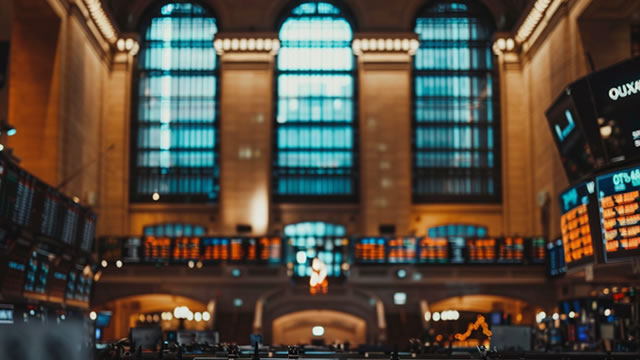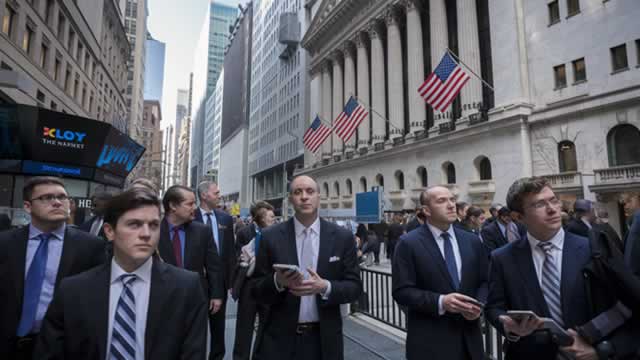Jamie Dimon’s Warning: A Recession, Likely Outcome from Trump’s Tariff Turmoil
In a recent interview with CNBC, Jamie Dimon, the Chairman and CEO of JPMorgan Chase, shared his concerns about the current state of the global economy and the potential impact of the ongoing trade tensions. Dimon, who is known for his candid and often blunt assessments of economic conditions, stated that he believes a recession is a “likely outcome” from the Trump administration’s tariff policies.
Dimon’s Concerns: Global Economy and Trade Tensions
Dimon’s comments came in response to a question about the impact of the ongoing trade tensions between the United States and China, as well as other major economies. He expressed his belief that the global economy is currently “synchronized,” meaning that many countries are growing at roughly the same rate. However, he warned that this could change if the trade tensions continue to escalate.
According to Dimon, the tariffs are leading to higher prices for consumers and businesses, as well as uncertainty and instability in the markets. He also noted that the tariffs are making it more difficult for companies to plan for the future, as the trade environment is constantly changing. These factors, Dimon believes, could ultimately lead to a recession.
Impact on Consumers: Higher Prices and Economic Uncertainty
The potential for a recession is not good news for consumers. If a recession were to occur, it would likely lead to higher unemployment, lower wages, and higher prices for goods and services. According to some estimates, the tariffs have already led to higher prices for a variety of consumer goods, including electronics, appliances, and clothing.
- Electronics: The tariffs on Chinese-made electronics have led to higher prices for items like smartphones, laptops, and televisions.
- Appliances: The tariffs on appliances, such as washing machines and refrigerators, have led to higher prices for these items as well.
- Clothing: The tariffs on Chinese-made clothing have led to higher prices for consumers, with some retailers passing on the increased costs to their customers.
Impact on Businesses: Disrupted Supply Chains and Higher Costs
The tariffs are also having a negative impact on businesses. Many companies are facing disrupted supply chains, as they are unable to source certain materials or components from their usual suppliers. This is leading to higher costs, as companies are forced to find alternative sources or pay more for the same materials.
Impact on the World: Global Economic Instability
The potential for a recession is not just a concern for the United States. The global economy is increasingly interconnected, and a recession in one country can have ripple effects around the world. The trade tensions are already leading to economic instability in some parts of the world, such as Europe and Asia.
According to some economists, a recession could lead to a global economic slowdown, with lower growth rates in major economies like China, Europe, and Japan. This could lead to higher unemployment, lower wages, and lower standards of living for people around the world.
Conclusion: Uncertainty and Instability
In conclusion, Jamie Dimon’s warning about a potential recession from the Trump administration’s tariff policies is a cause for concern. The tariffs are leading to higher prices for consumers, disrupted supply chains for businesses, and economic instability around the world. While it is impossible to predict the future with certainty, it is clear that the current trade environment is uncertain and unstable, and this could have negative consequences for the global economy.
It is important for individuals and businesses to be prepared for the potential impact of a recession. This may mean building up savings, diversifying investments, and being flexible in the face of changing economic conditions. It is also important for policymakers to work towards finding a resolution to the trade tensions, as the continued instability could have long-lasting negative consequences.





